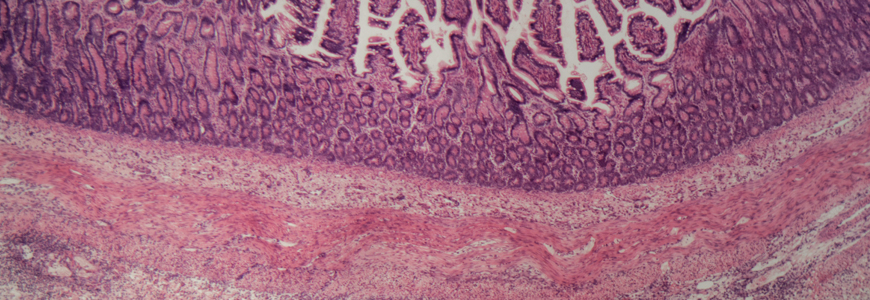Duke’s new Multidisciplinary Inflammatory Bowel Disease (MDC IBD) Clinic uses a streamlined approach to the care of patients with complex IBD, combining the expertise of a gastroenterologist and a colorectal surgeon who see patients together in a single visit for both medical and surgical care.
Co-led by gastroenterologist Jane E. Onken, MD, MHS, and colorectal surgeon Julie Thacker, MD, the clinic specializes in treating patients who:
- have complex IBD histories
- are not responding to conventional treatments
- have comorbidities that make their treatment challenging
- have developed a complication related to IBD or its treatment and require more comprehensive care
“Especially now, during the COVID-19 pandemic, it’s very helpful for patients to make just one trip to the clinic and be able to see both the surgeon and gastroenterologist in the same day, particularly for patients who live far from Duke,” says Onken.
The clinic’s goal is to streamline a patient’s visit to Duke, not only making it more convenient for patients, but also to expedite the care of patients who could benefit from a combined approach to management of their disease. When calling for an appointment, patients are automatically routed to a special scheduling center where their visit is scheduled and organized. After the appointment, clinic notes are sent directly to referring providers so they remain involved throughout their patients’ care.
Thacker says there are two groups of patients for whom the clinic is particularly helpful. “Patients who have received care elsewhere and may not understand their options for more surgery and/or more medications,” she says. “These conversations are complicated, so with a surgical and a medical provider in the same space we can talk with them together and more holistically come to a treatment plan. Patients typically don’t need to return for another consult; we usually come up with a treatment plan on the spot, whether it will take place here at Duke or back in their home community,”
Other patients who benefit from the MDC IBD Clinic are “those who have a new diagnosis of IBD and want information about the newer medications and state-of-the-art surgical options that we offer at Duke, such as advanced minimally invasive surgical techniques, robotic-assisted resections for Crohn’s disease, and complex reconstructive procedures,” says Thacker.
The combined appointments allow Onken and Thacker to collaborate on complex cases. Examples include IBD patients with dysplasia or precancerous changes detected on routine colonoscopy. Onken says, “In the past, many of these patients would have been referred for surgery to remove their entire colon. With the combined medical/surgical approach, we can discuss endoscopic methods such as chromoendoscopy to improve detection and removal of dysplastic areas, or surgical methods to preserve as much intestine as possible. Our goal is to provide state-of-the-art care for patients with IBD, always in a model of shared decision-making, and working to restore and maximize quality of life.”
